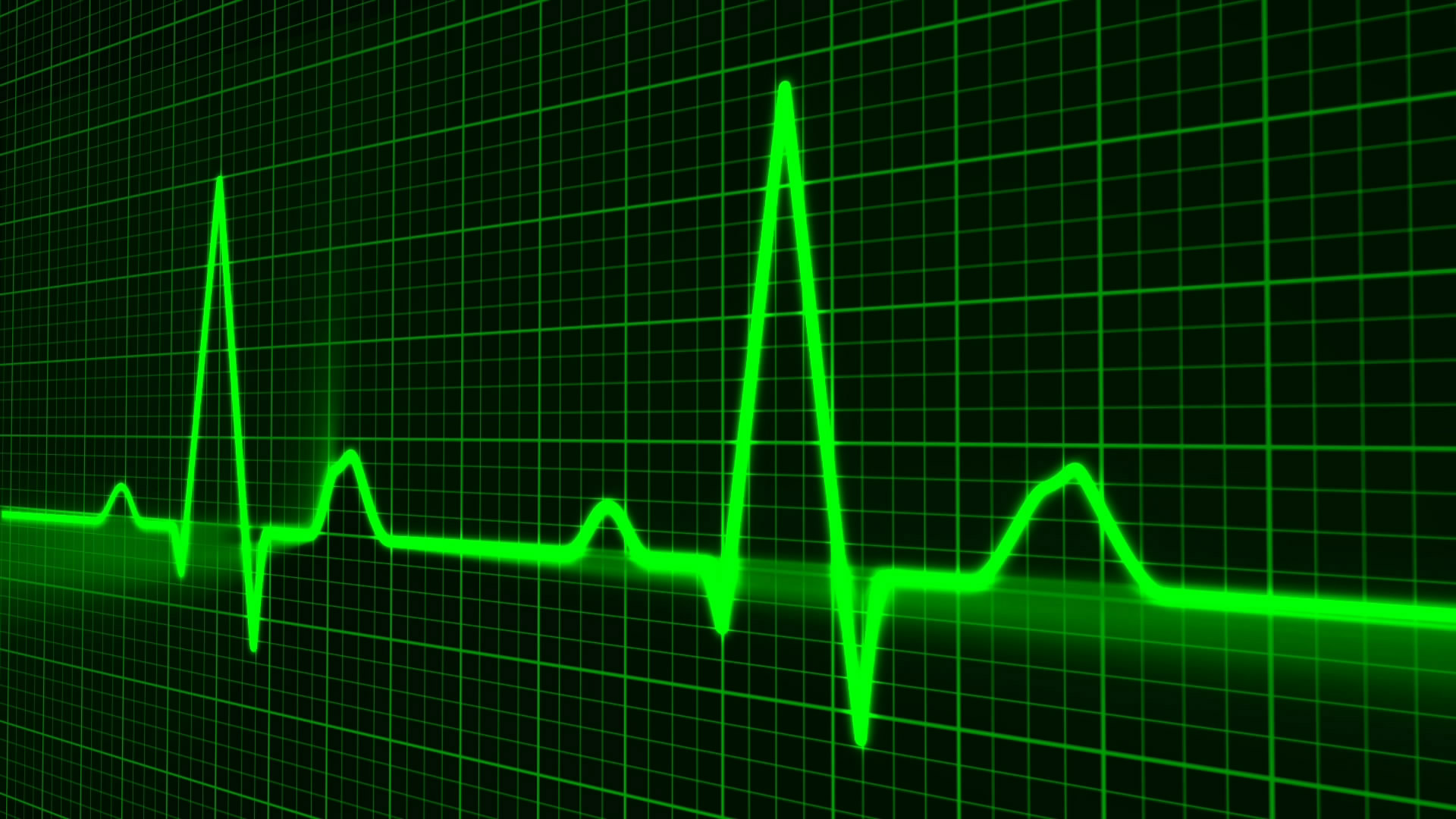Over the past few years, multiple healthcare experts have been heralding the role big data will come to play in healthcare.
With the press for EHR/EMR protocols, healthcare organizations have been digitizing more data than ever before. This massive data collection ultimately will help improve healthcare delivery in quality of care, hospital safety, refining cost of delivery efficiencies, and more.
What is Big Data?
In the last two years, “big data” became a buzz phrase appearing everywhere in technology. While the name implies it’s meaning, it may not be fully clear what is meant by big data. Think big as in overwhelming. Big data refers to such massive datasets that traditional analytic tools cannot process.
The information is overwhelming and virtually unmanageable. Data scientists have been focusing on hard and soft technologies to help companies begin tapping this massive, dynamic, and ever-growing data mountain.
Big Data in Healthcare
The HHS industry is already experiencing benefit from leveraging big data analytics. Kevin Dolan, Health & Human Services Market Director at Microsoft points out “the Department of Veterans Affairs (VA) uses Big Data to standardize processes for patient care and clinical guidelines and to achieve greater rates of evidence-based drug therapy.”[1]
Greg Caressi, senior vice president, healthcare and life sciences, at Frost & Sullivan suggests that we are watching the emergence of infrastructure-as-a-service (IaaS) technology “will become increasingly important as the data explosion in healthcare continues to stretch the capabilities and budgets of organizations to manage these petabytes of data.”[2]
Dolan points how innovations that are leading to the marriage of big data and healthcare:
- Increased use of electronic medical records (EMRs) and other digital data.
- New capabilities to combine and use diverse data types from internal and external sources.
- Low-cost storage and process power.
- New software to handle speed and volume, structured and unstructured data.
- Revolution of clinical user experience—right information at the right time, which improves decision support and care quality.
- Real-time and predictive analytics.[3]
As organizations invest in big data, they’ll discover ways to improve patient safety and increase continuity within and between health systems. Of course, realizing improved health care services remains a fundamental goal. This is just the beginning. In the coming years, health facilities of all sizes will begin realizing benefits associated with the use of big data.
[1] “Cloud computing and Big Data as drivers for better care management decisions.” Kevin Dolan. MIcrosoft in Health, December 17, 2012 <http://blogs.msdn.com/b/microsoft_in_health/archive/2012/12/11/cloud-computing-and-big-data-as-drivers-for-better-care-management-decisions.aspx>.
[2] “At the intersection of big data and cloud computing: Analytics.” Mike Miliard. Healthcare IT News, December 14, 2012 <http://www.healthcareitnews.com/news/intersection-big-data-and-cloud-computing-analytics>
[3] Dolan ibid.





